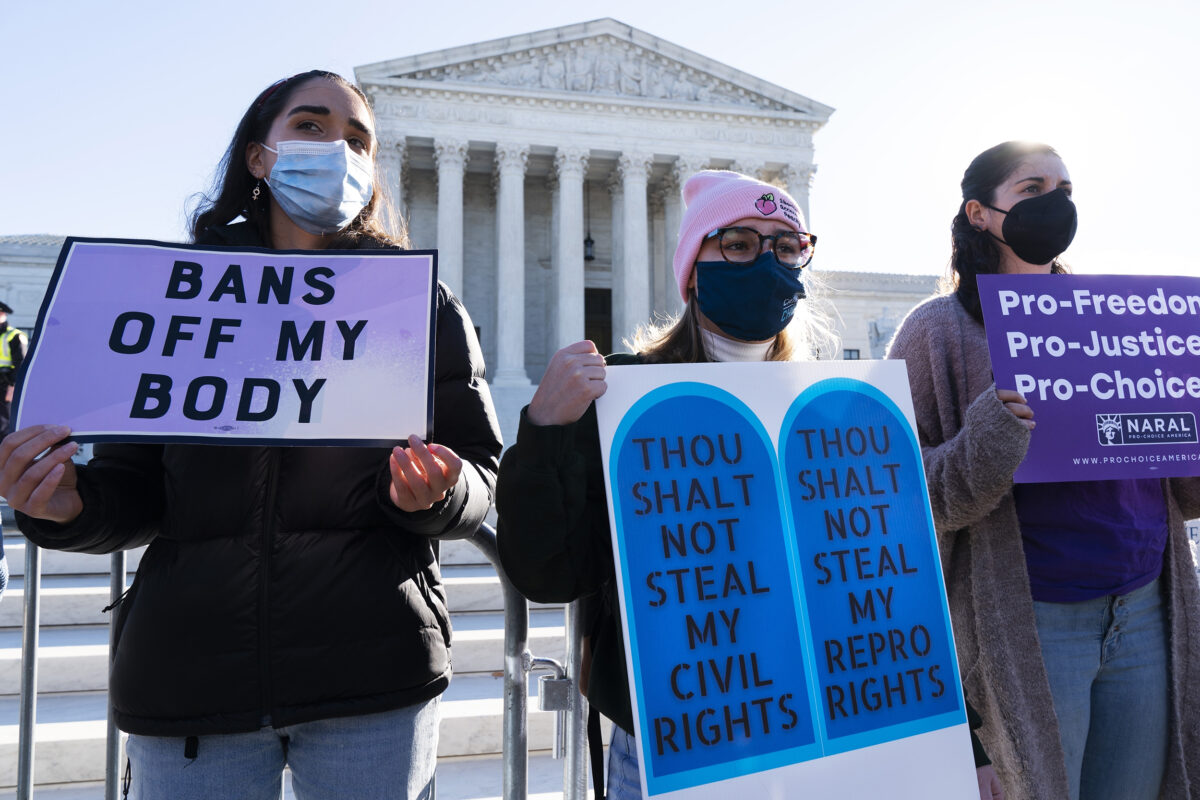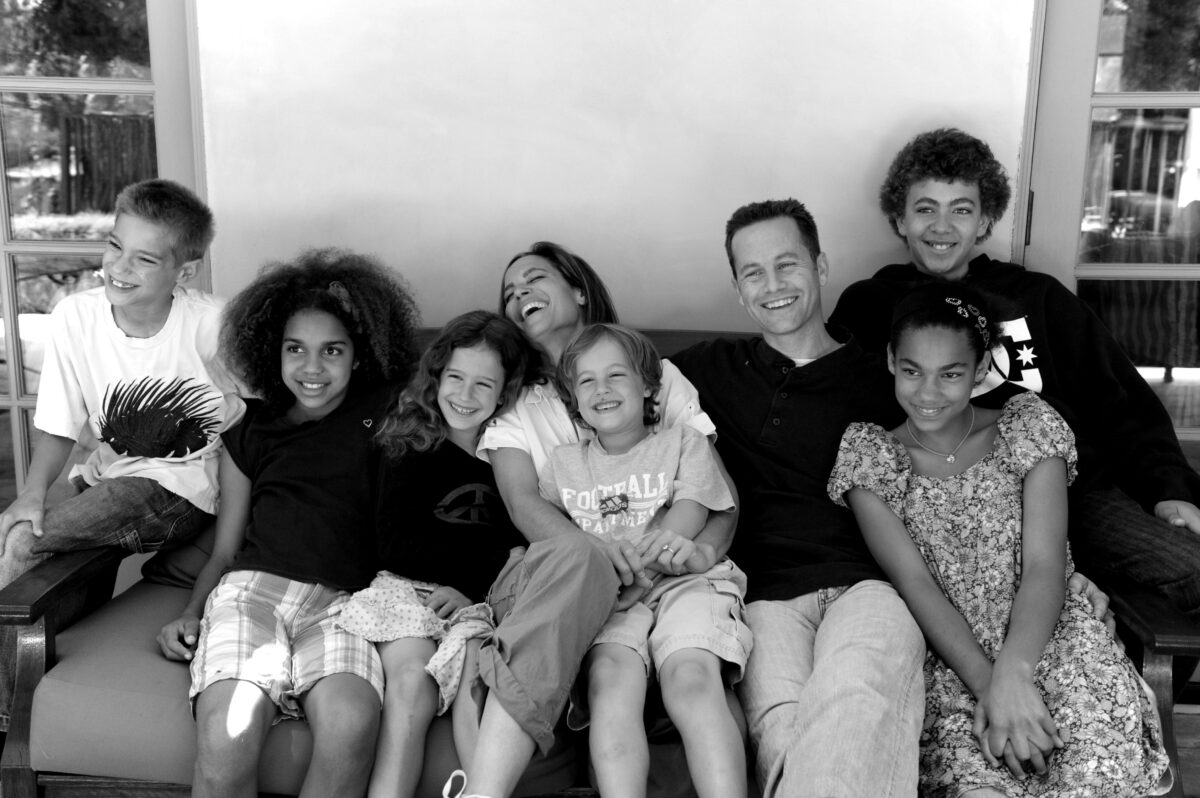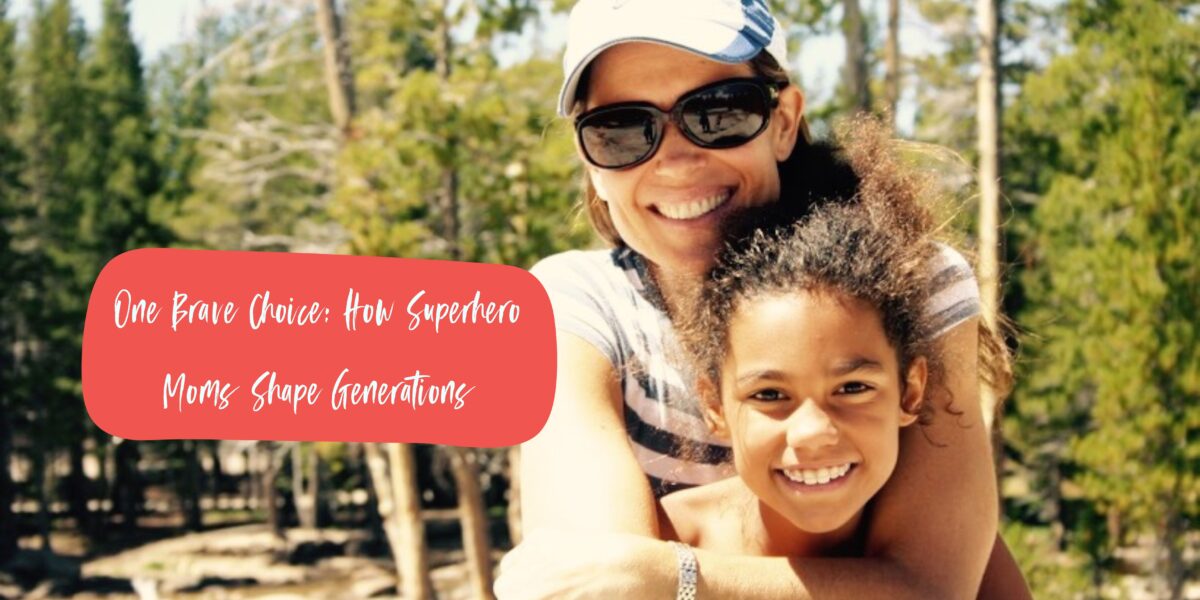Misinformation about the effects of the overturning of Roe v. Wade has left many confused about whether they should support the pro-life movement. With pressures from society suggesting the only compassionate side is the pro-choice side, many Christians are being challenged in their beliefs. Can Christians support abortion? Can you be a pro-choice Christian? Although the Bible does not explicitly mention abortion by name it is clear that God considers all life to be valuable.
He specifies that this value begins before the moment of conception when he says to Jeremiah “Before I formed you in the womb I knew you, before you were born I set you apart; I appointed you as a prophet to the nations.”(Jeremiah 1:5 ). God calls us not to judge others and to be compassionate towards the lives of the both the woman and her baby (Matt. 7:1). Although the pro-choice movement refuses to admit the personhood of every fetus, as a Christian God calls us to speak up for those who cannot speak for themselves and to stand against injustice (Prov. 31: 8-9). Injustice takes place with every woman who believes that abortion is her only choice and every baby who has no voice to choose.
Will the overturning of Roe v. Wade affect women’s access to IVF?
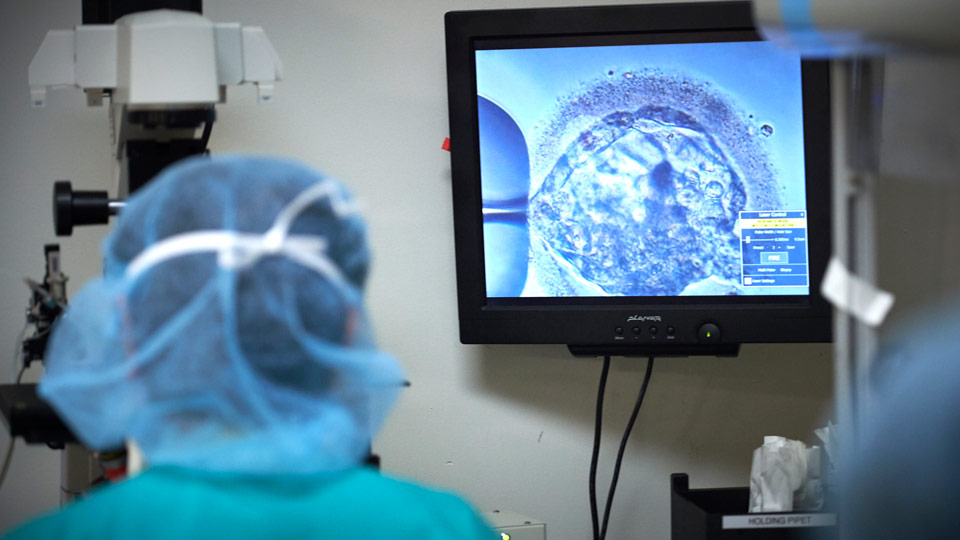
With the overturning of Roe v. Wade, many are concerned about what this means for IVF. IVF or in vitro fertilization is a procedure in which the woman’s eggs are removed from the ovary and combined with sperm outside of the body to form an embryo. This type of procedure is very common among couples who struggle with fertility. Since a law in Texas was passed to update the definition of an unborn child to the stages of fertilization and the embryo, the concern lies in whether doctors will be able to continue providing IVF treatment. The outcome of Roe v. Wade should not affect access to IVF treatment because a majority of abortion laws pertain to abortions performed inside the mother’s womb. The embryos formed outside of the womb cannot be considered pregnancy since they are not viable and therefore do not fall under the lawful definition of abortion.
Is treatment for an ectopic pregnancy considered abortion?
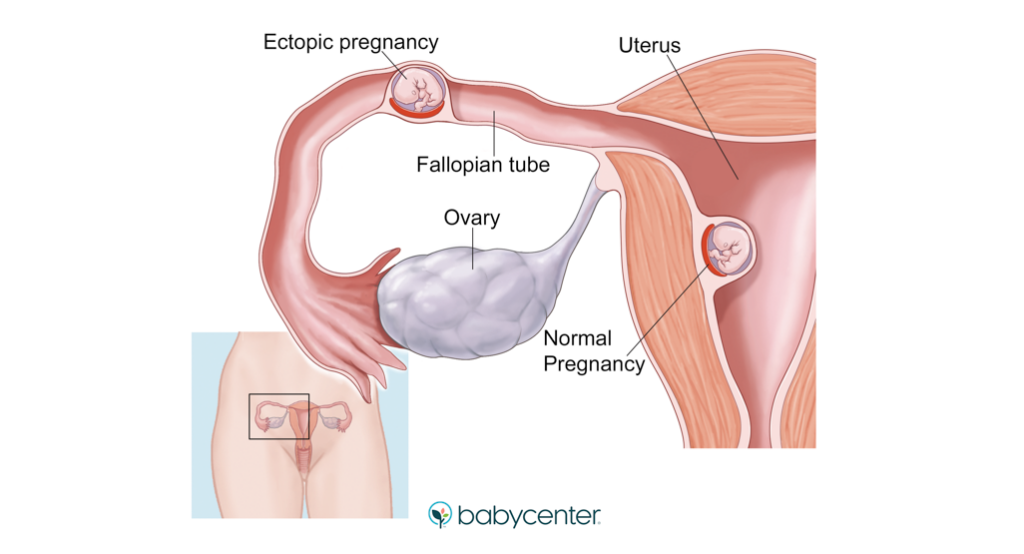
After the overturning of Roe vs.Wade, many considered what the banning of abortion in some states would mean for ectopic pregnancies. An ectopic pregnancy is a pregnancy in which the fertilized egg implants outside of the uterus. If left untreated, the egg is highly unlikely to survive and the ectopic pregnancy can prove fatal for the mother. Some public figures even took to Twitter, suggesting that a woman who has an ectopic pregnancy will face only two choices: death or jail.
The difference between treatment for ectopic pregnancy and a true abortion is that the fertilized egg in the ectopic pregnancy is never viable for life; meaning there is no case in which the embryo will become a fetus. This is why the treatment for ectopic pregnancy is not considered an abortion; something that Planned Parenthood confirms on their website. In addition, every state with abortion bans has explicitly included exceptions for ectopic pregnancy or cases of endangerment to the mother. Women will still have access to treatment for their ectopic pregnancies even in states where new abortion laws have been enacted.
Will women be arrested for having a miscarriage?
You may have heard rumors about women being arrested for having miscarriages where abortion is illegal. These stories are being spread by news sites like BBC news with click-bait titles to scare women into being pro-choice. For example, many articles and Twitter posts announced the case of Brittney Poolaw, a 21-year-old who was convicted of manslaughter for having a miscarriage. The truth beneath the titles reveals that Poolaw admitted to using methamphetamine while pregnant with her child. Traces of meth were also found in her son’s body.
According to the Guttmacher institute, drug use during pregnancy is considered child abuse under civil child-welfare statutes in 23 states. This law itself admits the personhood of every fetus. So, will you be arrested for having a miscarriage? This is highly unlikely. In the few cases where women have been prosecuted for losing their baby, a majority involved illicit drug use by the mother. This has been present since before the overturning of Roe v. Wade.
Will women be prosecuted for having an abortion?
It is improbable that a woman would ever be prosecuted for having an abortion. Historically women have not been held responsible for abortions but rather the provider (doctor or midwife who performed the abortion) is held legally responsible. Even in states where women have attempted self-induced abortions, the women have been dismissed from all charges. This happened in the 1990s in the case of a 19-year-old in Florida who shot herself in the stomach to end her pregnancy. Though the woman was prosecuted, her case was appealed to the Supreme Court where it was decided that a woman could not be prosecuted for the death of her own fetus. Although some states are beginning to ban abortion altogether, even the most conservative perspectives still view the woman as a victim of abortion, leaving the medical provider legally liable.
What about cases of incest or rape?
According to Guttmacher Institute only 1% of women who have abortions do so because of a rape resulting in pregnancy and only .5% are due to incest. Still, this is the most hotly debated issue among the ever-changing abortion laws in the United States. Due to the severity and sheer grotesque nature of these cases, they are the hardest to moralize whether Christian or not. From a Biblical standard, a baby conceived in rape is no less the subject of Jeremiah 1:5 than a baby conceived in love. This is the harsh reality that every Christian must face. That something as evil as rape could bear something as innocent as a baby who like everyone, is a child of God.
Regardless of moral beliefs about abortion, in cases of rape or incest, the truth is that most abortion laws will not affect these cases. While an abundance of abortion bans have been introduced into legislation, most of them have exceptions including cases of life endangerment, severe health conditions, lethal fetal anomaly, fetal brain anomaly, rape, or incest. The very few states that have no exception laws like Kentucky and Oklahoma cannot prosecute any women who travel out of state to pursue abortion.
Pro-Life is Pro-Choice
The overturning of Roe v. Wade has intensified the already controversial topic of abortion. Where in the past Christians could confidently speak out against abortion, now many are confused because the pro-choice movement has polluted the truth with baseless stories and shock value headlines that are geared to upset anyone.
At Save the Storks, we hope to deliver the unfiltered truth of the ramifications of overturning Roe v. Wade really means and the misunderstandings surrounding the topic of abortion. We want to present the facts to the 73.8% of women who say they were uninformed about their options before ending their pregnancies. This is not about taking the moral high ground, it is about human life; both that of every mother and child. At Save the Storks, we understand that both the life of the mother and child matter. This is why it has become our mission to support mothers in their decision to choose life even after they leave our Stork Buses.


